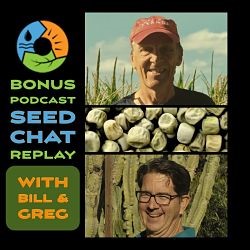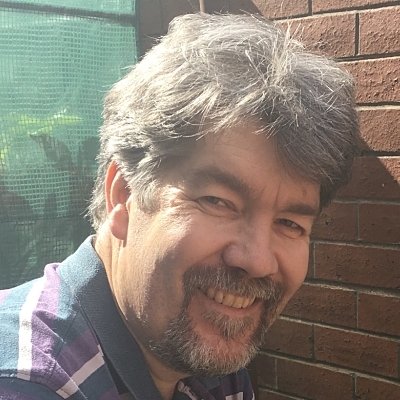801: Flower Parts for Dummies – a Seed Chat
A Seed Chat with Bill McDorman. – This is the February 2024 Seed Chat – Bill McDorman and Greg Peterson simplify the intricate world of flower anatomy into digestible insights for any level of gardener. Emphasizing the relevance of understanding flower parts, the duo investigates flowers, and fruits, highlighting their functions and significance in plant life. Bill and Greg’s informative and fun approach makes plant science accessible and relevant for all.










